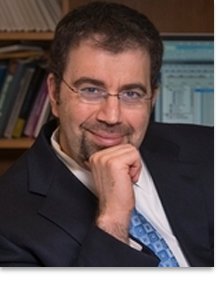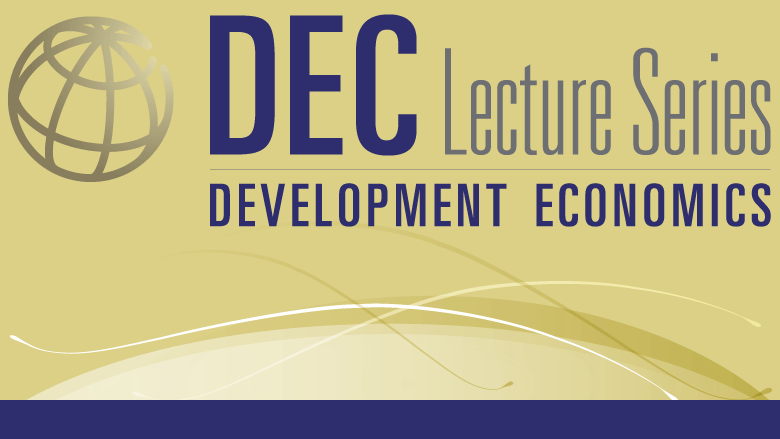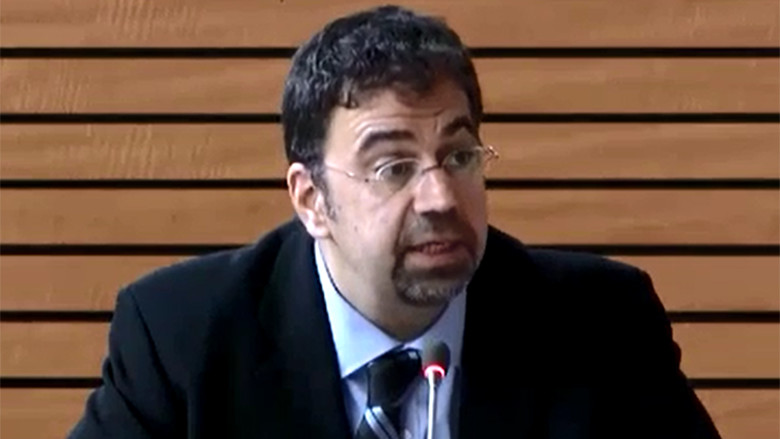Daron Acemoglu is the Elizabeth and James Killian Professor of Economics at the Massachusetts Institute of Technology. His areas of research include political economy, economic development and growth, human capital theory, search theory, network economics and learning. His recent research focuses on the political, economic, and social causes of differences in economic development across societies; the factors affecting the institutional and political evolution of nations; and how technology impacts growth and distribution of resources and is itself determined by economic and social incentives. In addition to scholarly articles, Daron Acemoglu has published four books: Economic Origins of Dictatorship and Democracy (joint with James A. Robinson), which was awarded the Woodrow Wilson and the William Riker prizes, Introduction to Modern Economic Growth, Why Nations Fail: The Origins of Power, Prosperity, and Poverty (joint with James A. Robinson); and Principles of Economics (joint with David Laibson and John List).
Daron Acemoglu is an elected fellow of the National Academy of Sciences (United States), the Science Academy (Turkey), the American Academy of Arts and Sciences, the Econometric Society, the European Economic Association, and the Society of Labor Economists. He has received numerous awards and fellowships. He was the recipient of the John Bates Clark Medal in 2005, awarded every two years to the best economist in the United States under the age of 40 by the American Economic Association.


